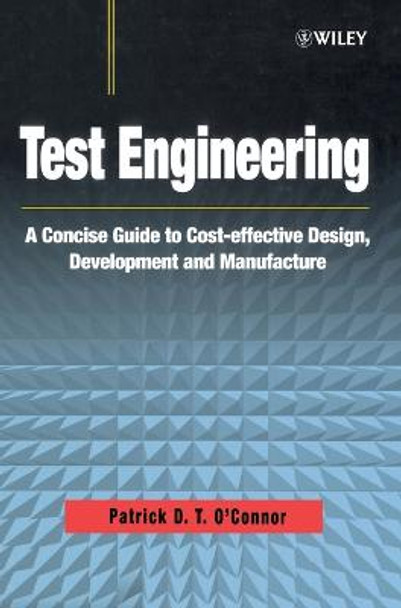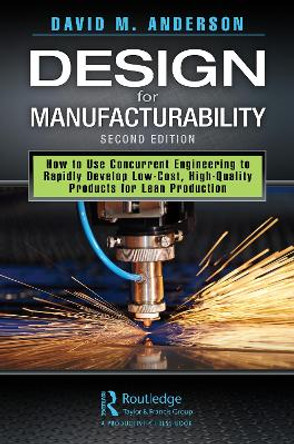Description
The main reason for this situation seems to be that engineers have not developed a consistent philosophy and methodology for testing. Testing is seldom taught as part of engineering curricula, and there are no books on the subject. Specialist areas are taught, for example fatigue testing to mechanical engineers and digital device testing to electronics engineers. However, a wide range is untaught, particularly multidisciplinary and systems aspects. Testing is not just an engineering issue. Because of the importance and magnitude of the economic and business aspects testing is an issue for management. Testing is perceived as a high cost activity, when it should be considered as a value-adding process.
The objective of this book is, therefore, to propose a philosophy of engineering test and to describe the necessary technologies and methods that will provide a foundation for all plans, methods and decisions related to testing of engineered products and systems. The book will help those who must manage and conduct this most difficult and uncertain task. It will also provide a text which can be used as the basis for teaching the principles of testing to all engineering students.
About the Author
Patrick O'Connor received his engineering training at the Royal Air Force Technical College. He served for 16 years in the RAF Engineer Branch, including tours on aircraft maintenance and in the Reliability and Maintainability office of the Ministry of Defence (Air). He joined British Aerospace Dynamics in 1975, and was appointed Reliability Manager in 1980. In March 1993 he joined British Rail Research as Reliability Manager.
Since 1995 he has worked as an independent consultant on engineering management, reliability, quality and safety.
Mr. O'Connor is the author of "Practical Reliability Engineering", published by John Wiley (3rd. edition 1995). He is also the author of the chapter on reliability and quality engineering in the Academic Press Encyclopaedia of Physical Science and Technology, and until 1999 was the UK editor of the Wiley journal "Quality and Reliability Engineering International". He is editor of the Wiley book series in quality and reliability engineering.
He has written many papers and articles on quality and reliability engineering and management, and he lectures at universities and other venues on these subjects. In 1984 he won the Allen Chop Award, presented by the American Society for Quality, for his contribution to reliability science and technology.
He is the author of the book "The Practice of Engineering Management", which describes the modern approaches to managing engineering, based upon the teaching of Peter Drucker. The book was published by John Wiley in 1994.
Reviews
"All undergraduates should read it and all test and engineering managers should have a copy." (Journal of the Safety & Reliability Society, Autumn 2000)
"Intended as an undergraduate engineering textbook, it covers mechanical, electronics, and software testing, and identifies which testing methods are appropriate to each stage of the product life cycle." (SciTech Book News, Vol. 25, No. 3, September 2001)
Book Information
ISBN 9780471498827
Author Patrick O'Connor
Format Hardback
Page Count 288
Imprint John Wiley & Sons Inc
Publisher John Wiley & Sons Inc
Weight(grams) 680g
Dimensions(mm) 231mm * 176mm * 23mm




